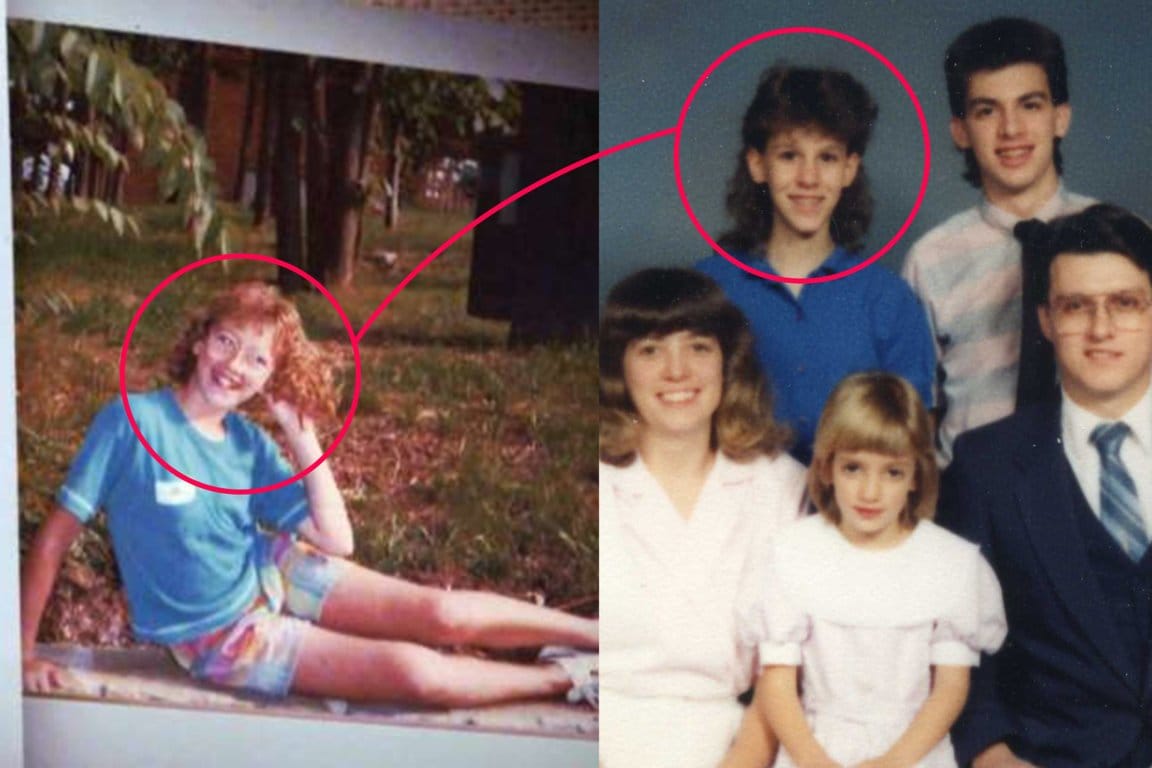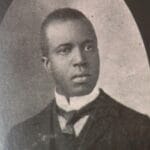The Night that Shook Lakeville
Imagine a peaceful town draped in the anticipation of prom night. It’s 1989 in Lakeville, Indiana, and while most teenagers are getting ready for a night of music and dancing, the Pelley family is about to face an unimaginable tragedy. On this night, the family was found murdered in their home, and the finger of suspicion quickly pointed towards 17-year-old Jeff Pelley, the stepson who chose to stay home.
Jeff’s absence from the prom, a consequence of a disagreement with his father, became central to the prosecution’s case. They argued that a frustrated and grounded Jeff, unable to attend the dance, was driven to commit the murders. This detail, along with a lack of other apparent suspects, fueled the narrative that positioned a young man against his family on a devastating night.
The case, now infamously known as the “Prom Night Murders”, sent shockwaves through Lakeville and continues to spark debate more than three decades later. The question that lingers in the hearts and minds of those who remember is: did Jeff Pelley actually commit these horrific crimes, or could he be innocent?
The Trial and the Verdict: A Search for Answers
Years after that fateful prom night, the trial commenced in 2006. The prosecution presented their case, heavily reliant on witness testimonies and the fact that no other suspects had emerged. They painted a picture of Jeff as a young man fueled by anger and resentment, culminating in a horrific act of violence.
However, Jeff’s defense team offered a different perspective. They argued that crucial evidence might have been overlooked or that the prosecution’s approach wasn’t entirely impartial. Without concrete physical evidence linking Jeff to the crime scene, they urged the jury to exercise caution in their judgment.
Despite the defense’s efforts, the jury ultimately found Jeff guilty, sentencing him to 160 years in prison—a sentence that could likely keep him incarcerated for the rest of his life.
A Fight for Freedom: The Story Continues
The guilty verdict didn’t mark the end of Jeff Pelley’s story. Since his conviction, he has remained steadfast in his fight for freedom, appealing the verdict numerous times and asserting that his trial was flawed and his legal representation inadequate.
Adding another layer of complexity to the narrative is the perspective of Jessi Toronjo, Jeff’s stepsister and the sole surviving member of the immediate family. Initially, Jessi believed in Jeff’s guilt and supported his prosecution. However, as time passed, doubts crept in, leading her to question the narrative that had unfolded. Today, Jessi joins the voices calling for a reexamination of the case, convinced that key details may have been missed.
Where is Jeff Pelley Now?
Despite his 160-year sentence, handed down in 2006, Jeff Pelley’s story continues to unfold. He is currently incarcerated at the Wabash Valley Correctional Facility in Terre Haute, Indiana, but his fight for freedom hasn’t wavered. The absence of physical evidence directly linking him to the crimes remains a point of contention.
Adding a glimmer of hope to his pursuit of a new trial is the involvement of the Indiana University McKinney Wrongful Conviction Clinic. The clinic’s decision to take on Pelley’s case speaks volumes about the potential merit they see in re-examining the evidence and legal processes that led to his conviction.
Jeff Pelley’s case stands as a stark reminder that the justice system, while designed to uphold fairness and truth, is not immune to flaws. It prompts crucial questions about the reliability of eyewitness accounts, the potential for wrongful convictions, and the human tendency to seek closure, even if it comes at the expense of accuracy.
As Jeff Pelley continues his fight for freedom, the nation watches, captivated by a case that continues to generate debate. Will he have the opportunity to prove his innocence? Only time will tell. What remains clear is the enduring power of his story, reminding us of the fragile line between justice served and justice denied.
Unraveling the Past: Where Did Bob Pelley Live?
Before the “Prom Night Murders” thrust the Pelley family into a storm of suspicion and grief, their story took them across state lines. Bob Pelley, Jeff’s father, had called Fort Myers, Florida home until 1986. He worked as a data analyst for Landmark Banking Corporation, a company that would later become entangled in a serious federal investigation involving allegations of fraud and money laundering.
While it remains unclear whether Bob was personally implicated in any wrongdoing, his former employer’s legal troubles cast a long shadow over the events that would later unfold.
In 1986, Bob Pelley, his wife Dawn, and his three stepchildren, including Jeff, relocated from Florida to Lakeville, Indiana. The reasons behind their move are not entirely clear. Perhaps they sought a change of scenery, a more tranquil environment, or possibly a fresh start. Whatever their motivation, they embarked on a new chapter in the small town of Lakeville.
However, the specter of the Landmark Banking Corporation investigation seemed to follow Bob. Federal authorities continued their investigation, and Bob’s name remained on their radar. This detail would become a piece of the puzzle in the aftermath of the tragedy that would strike the family just three years later.
The investigation into Landmark Banking Corporation and Bob Pelley’s possible involvement remained open, adding a layer of complexity to the events that transpired in Lakeville. This connection between Bob’s past in Florida and the “Prom Night Murders” raises questions about potential motives, hidden connections, and the possibility that the tragedy extended far beyond the borders of a small Indiana town.
A Legacy Intertwined: Exploring Other Stories
For insights into the life and legacy of another individual impacted by tragedy and the weight of a famous name, explore the story of Jackie Robinson Jr, son of the legendary baseball player, Jackie Robinson.
Additionally, delve into the captivating journey of Jackie Robinson Junior, an American baseball player who left his mark on Major League Baseball as a member of the California Angels.
- SYBAU See You Baby Meaning: Gen Z Slang Evolves - July 1, 2025
- Unlock Your Inner Youth: Lifestyle Secrets for a Vibrant Life - July 1, 2025
- Decode SYBAU Meaning: Gen Z Slang Explained - July 1, 2025






